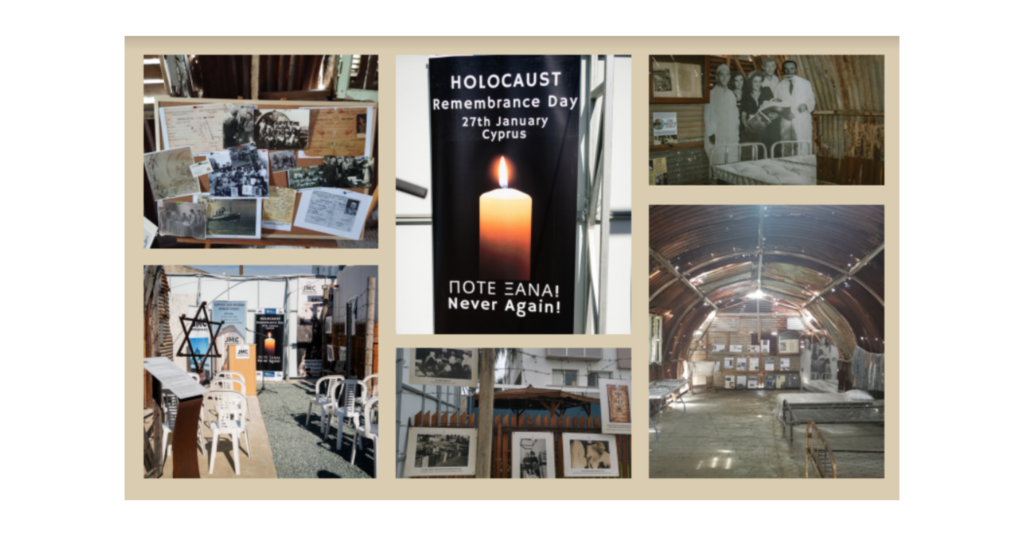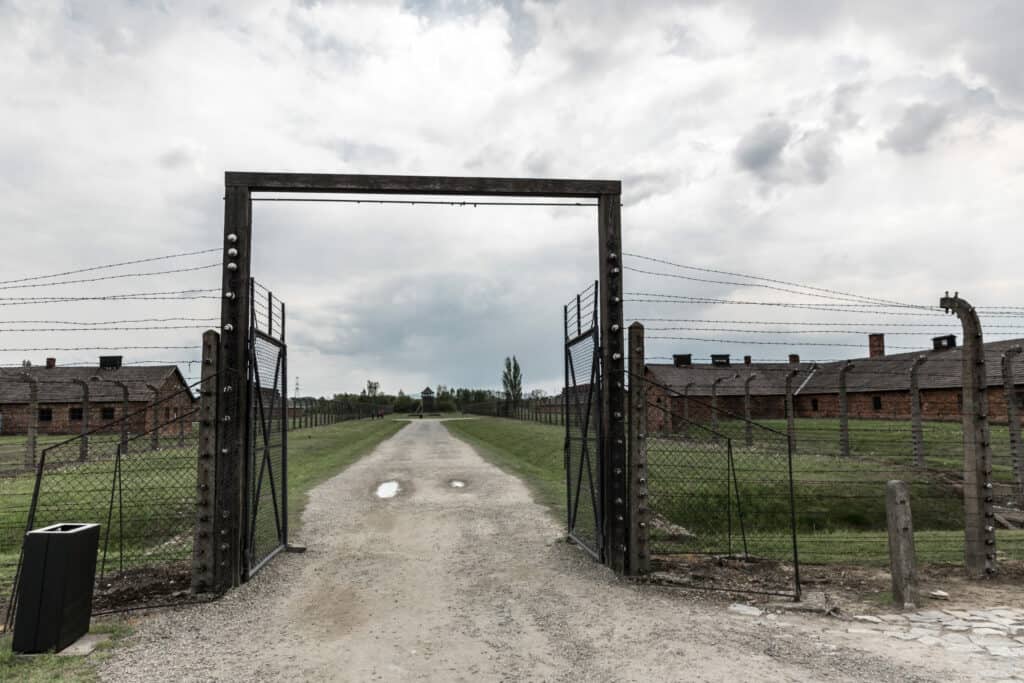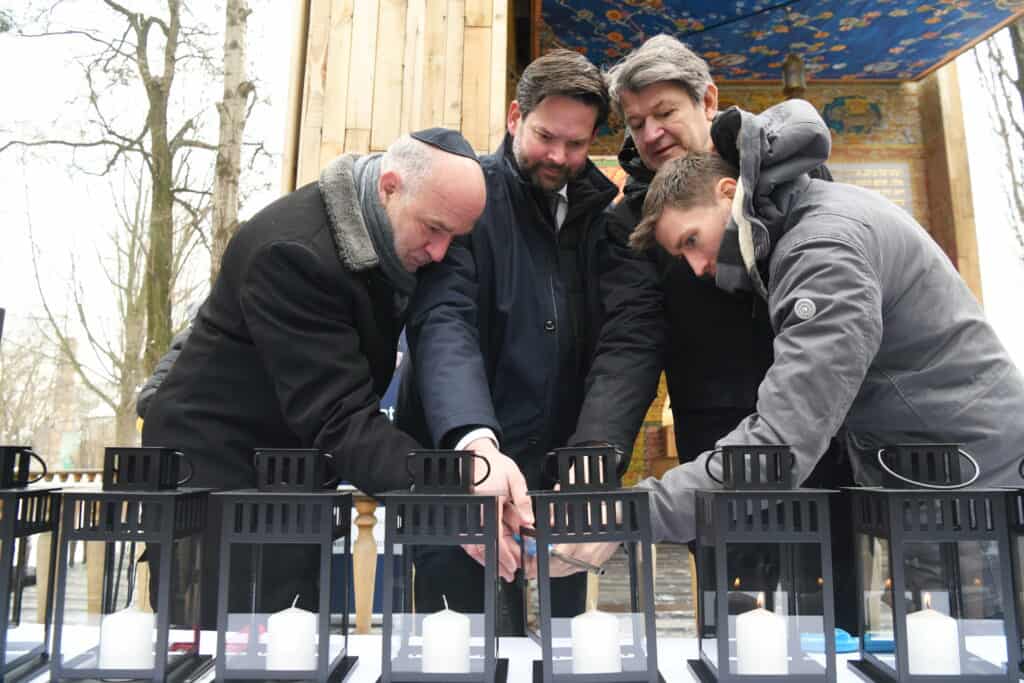We are happy to share the success of the Holocaust Memorial Day event hosted by the Jewish Community of Cyprus last Thursday in Cyprus. Over 25 ambassadors, diplomats, dignitaries from the Cyprus government, and other representatives attended the gathering.
The event, organised by the Jewish Community of Cyprus in collaboration with the European Jewish Association, held a profound significance as it paid tribute to the memory of the 6 million lives lost in the Holocaust.
The participation of esteemed guests and dignitaries added substantial weight to the occasion, and we express our gratitude for their involvement.
A particularly noteworthy aspect of the event was the presence of two Holocaust survivors, Rivka and Michael Kahana, hailing from Israel.
Their firsthand accounts and resilience served as a poignant reminder of the harrowing atrocities endured during that dark period of history.
The Jewish Community of Cyprus extends heartfelt thanks for the support and engagement of all attendees, contributing significantly to the solemnity and significance of this meaningful occasion.
#NeverAgainIsNow #NotOnMyWatch #HolocaustRemembraceDay
















